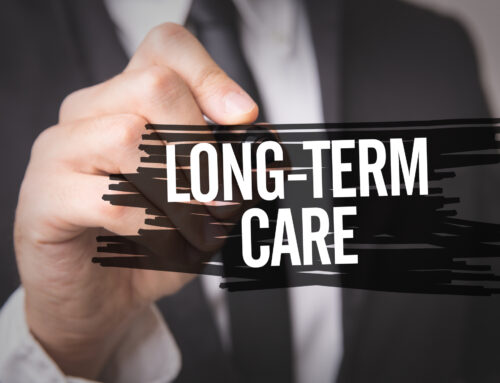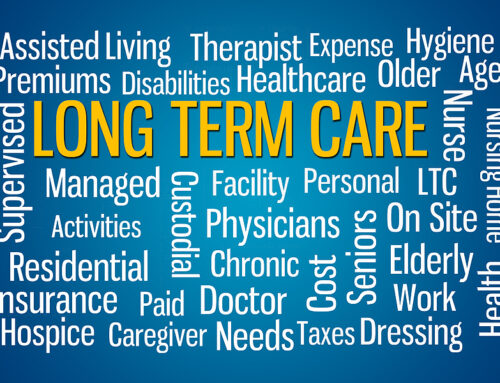
Most couples will spend about $315,000 on healthcare in retirement.[1] Let that number sink in. Do you have a plan for how you’re going to manage costs like that?
Luckily, if you’re not sure, we have some recommendations!
A solid retirement plan is a good place to start. Contributing to a retirement account may help you grow your savings and build a comfortable nest egg to help you deal with big healthcare bills.
Knowing what your plan is for Social Security may also be a good idea. Social Security likely won’t be enough to cover your medical costs on its own, but knowing the rules and tricks for when to claim may help to bolster your savings and monthly income during retirement.[1]
Understanding what is and is not covered under Medicare is also important. Medicare may cover things like hospital stays and procedures, as well as doctor visits and outpatient treatments. It may also cover prescription drugs, depending on how you utilize your Medicare offerings. Medicare alone usually does not cover dental or vision, so tailored healthcare insurance options for those things may be something you want to consider to make sure a healthcare expense doesn’t derail your finances.
Medicare also does not cover long-term care. Long-term care includes nursing home care, home health care, and other kinds of care that cater to the needs of people who are dealing with long-term health issues.[2] Long-term care can be very costly, and it is something that you may want to think about rolling into your retirement plan. There are various options for long-term care insurance that may be right for you, depending on your situation. The cost of these long-term care insurance options varies, depending on your circumstances, and there are some options for federal long-term care insurance as well.
Another thing you may want to consider in your healthcare plans is an HSA (Health Savings Account). HSAs often have many tax advantages: your contributions are often tax deductible and allowed to grow tax-deferred, and you can use the account to pay for medical expenses tax-free.[1]
At the end of the day, your healthcare plan has to be catered to you. Your health and your situation are what will determine the best path going forward for you financially. If you’re looking for someone to help design a retirement plan that caters to you and your needs, consider reaching out to one of our professionals for a complimentary review of your finances today.
[1] https://www.investopedia.com/retirement/how-plan-medical-expenses-retirement/
[2] https://www.investopedia.com/terms/l/ltcinsurance.asp











